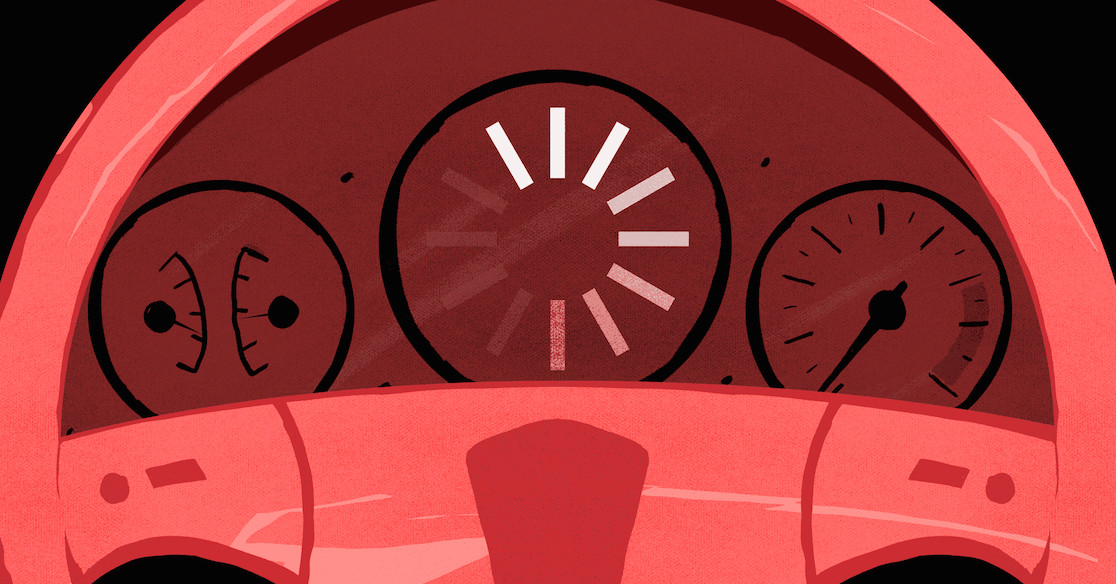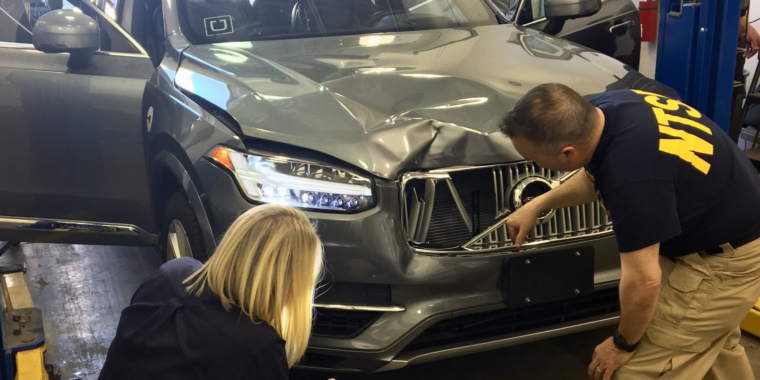
Self-driving cars are headed toward an AI roadblock
Table of Contents

If you believe the CEOs, a fully autonomous car could be only months away. In 2015, Elon Musk predicted a fully autonomous Tesla by 2018; so did Google. Delphi and MobileEye’s Level 4 system is currently slated for 2019, the same year Nutonomy plans to deploy thousands of driverless taxis on the streets of Singapore.
GM will put a fully autonomous car into production in 2019, with no steering wheel or ability for drivers to intervene. There’s real money behind these predictions, bets made on the assumption that the software will be able to catch up to the hype. On its face, full autonomy seems closer than ever.
Waymo is already testing cars on limited-but-public roads in Arizona. Tesla and a host of other imitators already sell a limited form of Autopilot, counting on drivers to intervene if anything unexpected happens. There have been a few crashes, some deadly, but as long as the systems keep improving, the logic goes, we can’t be that far from not having to intervene at all.
But the dream of a fully autonomous car may be further than we realize. There’s growing concern among AI experts that it may be years, if not decades, before self-driving systems can reliably avoid accidents. As self-trained systems grapple with the chaos of the real world, experts like NYU’s Gary Marcus are bracing for a painful recalibration in expectations, a correction sometimes called “AI winter.”
That delay could have disastrous consequences for companies banking on self-driving technology, putting full autonomy out of reach for an entire generation.
Source: theverge.com


